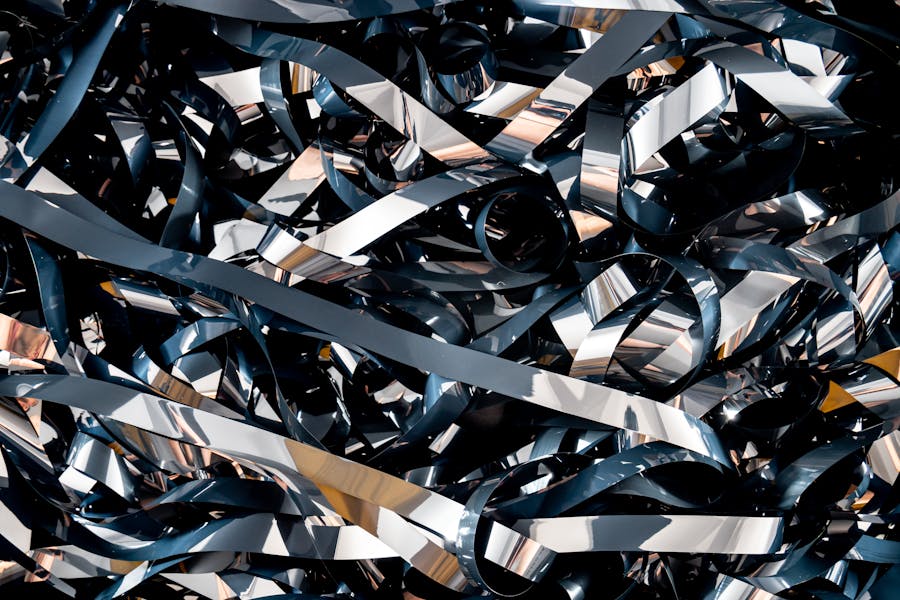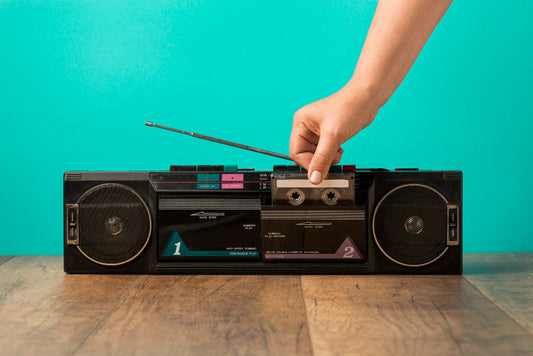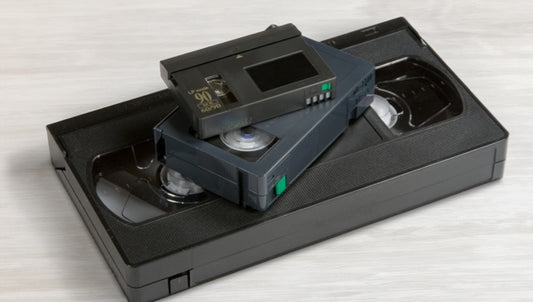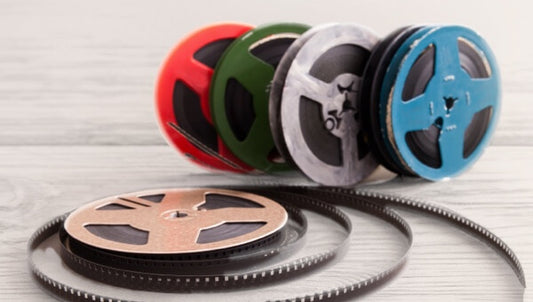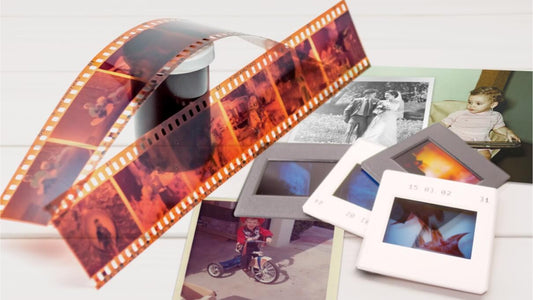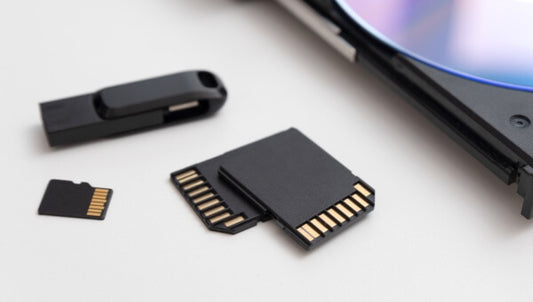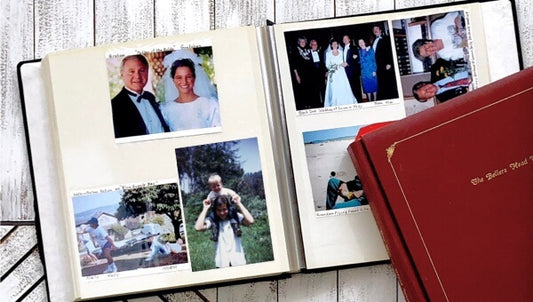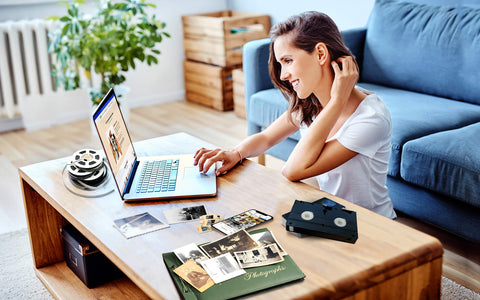Sticky Shed Syndrome is one of the biggest obstacles to restoring and digitizing aging magnetic tapes. This chemical breakdown compromises the tape's binder, leading to squealing sounds, sticky residue, playback errors - or even total loss of your cherished recordings. If you’ve discovered VHS or reel tapes that feel tacky, shed brown dust, or resist movement, your media may already be affected. The sooner you act, the better your chances of saving your footage.
Jump to:
What Is Sticky Shed Syndrome?
Sticky Shed Syndrome occurs when the binder that holds a tape's magnetic layer to its base begins to absorb moisture. Over time, this triggers hydrolysis, a chemical reaction that causes the binder to soften or break down.
As a result:
- Tapes may stick to themselves or inside the VCR
- Brown, powdery residue builds up on tape heads
- Audio and video signals drop out or become distorted
It’s especially common in tapes made during the 1970s and 1980s, when many manufacturers used unstable polyurethane-based binders.

How Magnetic Tapes Are Made
To understand how this damage occurs, it helps to know what tapes are made of. Most formats, including VHS and reel tapes, have three layers:
- Base layer – A plastic film that provides structure
- Magnetic layer – Stores audio or video signals
- Back coating – Helps reduce friction during playback
The key connection between these layers is the binder - a thin adhesive that holds the magnetic oxide to the base. When this binder begins to break down, everything else starts to fail.
Poor-quality binders and fluctuating humidity are the two biggest contributors to tape deterioration.
What Causes Sticky Shed Syndrome?
Sticky Shed Syndrome doesn’t affect all tapes equally. The main risk factors include:
- Age: Most common in tapes from the 1970s–1980s
- Brands: Ampex 456, 406, and 457 are highly susceptible; Scotch, Sony PR-150, TDK, and BASF also show frequent breakdown
- Storage: Tapes stored in basements, attics, or non-climate-controlled rooms degrade faster
- Climate: High humidity and rapid temperature swings accelerate hydrolysis
Even sealed tapes “breathe” through tiny vents in the shell, allowing moisture to get inside.
How to Prevent Further Damage
Sticky Shed can’t be reversed - but it can be slowed or stopped with the right storage and handling practices:
- Store tapes in cool, dry rooms (below 60°F and 40% humidity)
- Avoid stacking tapes or exposing them to heat or direct sunlight
- Rewind tapes before storing to distribute tension evenly
- Use a dehumidifier and monitor temperature and RH levels if needed
Pro tip: Label any suspicious or deteriorating tapes and isolate them from your collection. Avoid playing or rewinding it until it’s been professionally evaluated.
How to Treat Sticky Shed Syndrome
If you notice signs of damage, stop playing the tape immediately. In advanced cases, the only solution is professional restoration - often through a process called tape baking.
This involves carefully heating the tape to evaporate moisture and stabilize the binder. Done correctly, this allows for one final safe playback, typically just long enough to transfer the footage.
Never try this at home. Untrained attempts can destroy your tape completely. Technicians use precise timing and temperature controls to prevent melting or delamination.

Why Digitization Is the Best Long-Term Strategy
Even if your tapes seem fine now, the risk of Sticky Shed increases with time. The most reliable way to protect your footage is to convert VHS tapes to digital before decay sets in.
At Capture, we offer high-quality tape transfer services designed to handle everything from common VHS to vulnerable reel formats. While we don’t restore or treat damaged tapes, we use careful handling and professional equipment to ensure the best possible transfer of your playable media into digital files you can watch and share.
Don’t Let Time Erase Your Story
Sticky Shed Syndrome is a silent threat to thousands of personal and professional recordings. But with early action, careful storage, and help from experienced technicians, your memories can be saved.
Don't wait for visible damage. Digitize your home movies before your tapes degrade with Capture and preserve the moments that matter most.

